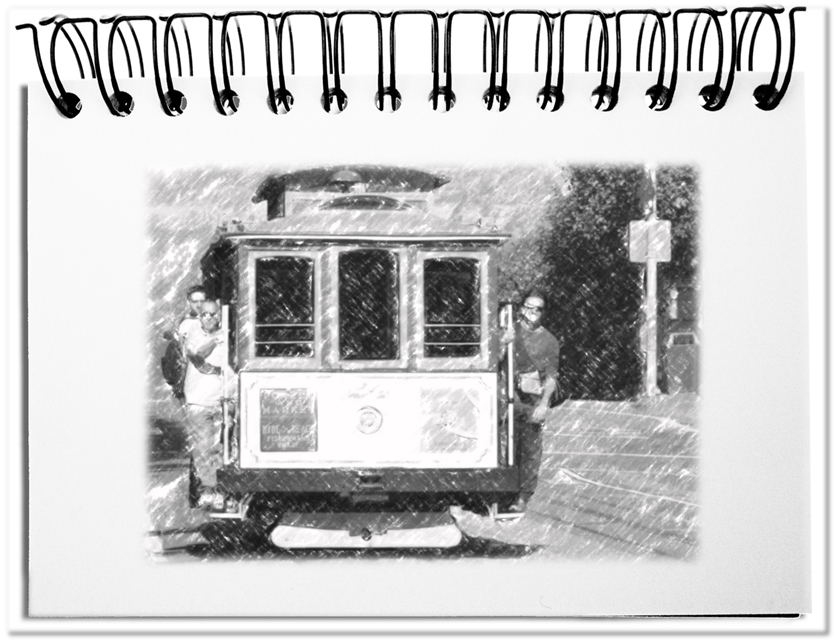The information society is on a drip of news. As soon as something newsworthy happens, the different channels react – TV, radio and Internet. It is not only a matter of commercial informing, but also about Trojans, which transport the attitudes and values of individuals under the cover of news. Interestingly enough, all events can be interpreted in any direction. Depending upon the political orientation, marauding fighters in Syria are called freedom fighters or terrorists. In the age of controlled disinformation a certain skepticism concerning all forms of medial free riders becomes more and more important.
An event happens that attracts the attention of many people. This can be an event, a natural disaster or a remarkable individual fate. Attacks with many victims are the most difficult. The reporting does not only talk about the actual event. Groups, which are frequently not directly concerned, usurp the topic and send their own messages under the flag of the news. All these media free riders exploit news for their advantage.
- Before all others, editors use the events, in order to fill their news, reports and other features. While in former times “private” proofs, like for example the photo of the execution of a Saudi princess (1977), were rarely used, nowadays blurred mobile phone videos are more and more often used without ensuring their authenticity. News around the clock demands incessantly new food. This informal flood encounters little resistance. The whole world looks and listens. This makes it difficult for the audience to develop their own opinion.
- Associations of different shade seize the topic and push into the public. One in order to announce that the majority is against it. And the others for the purpose of proclaiming that a few are trying to take over control. Wright and wrong blurs thereby completely. They polarize with their statements. Even if the interviewer asks again, these demagogues mean that they do not have to answer and repeat their messages like a mantra.
- Above all our interest representatives, the so called politicians also have less and less inhibitions to use a topic populistically. This starts with the more and more disrespectful criticism of other politicians and reaches to seizing an opposite position just for contradicting. Everything is thereby immediately filtered, reformulated and cannibalized for the sake of their own interest. Politicians can rarely afford a personal conviction. They hide themselves behind party discipline and do only what ensures their re-election.
- Even in business, everybody leaps immediately at failures of high-ranking decision makers. All dissociate loudly for ethical reasons from the chairman, who uses the corporate infrastructure for personal purposes. And they remain silent, if somebody evades taxes, since they know that with bad luck, they could be next. By having skeletons in the closet the guilty ones are put back into their former function after they served their sentence, as if nothing had happened – of course only, if it concerns gigantic values.
In all cases the media is the amplifier that produces sufficient attention in the public. Can you reproach them? Difficult to say. Eventually they have a mandate for informing, which means that news are communicated – depending on the interests of the audience.
Bottom line: Actually, it is difficult nowadays to get any neutral news – embedded or not. The information business lives on the attention of the audience, whose spectator numbers are measured. This can only lead to biased news. The medial free riders benefit from the insatiable appetite of the programs and use it for their own purposes. There is no way out, since all participants make a living of it. They are the medial free riders of those, who are the actual news.


